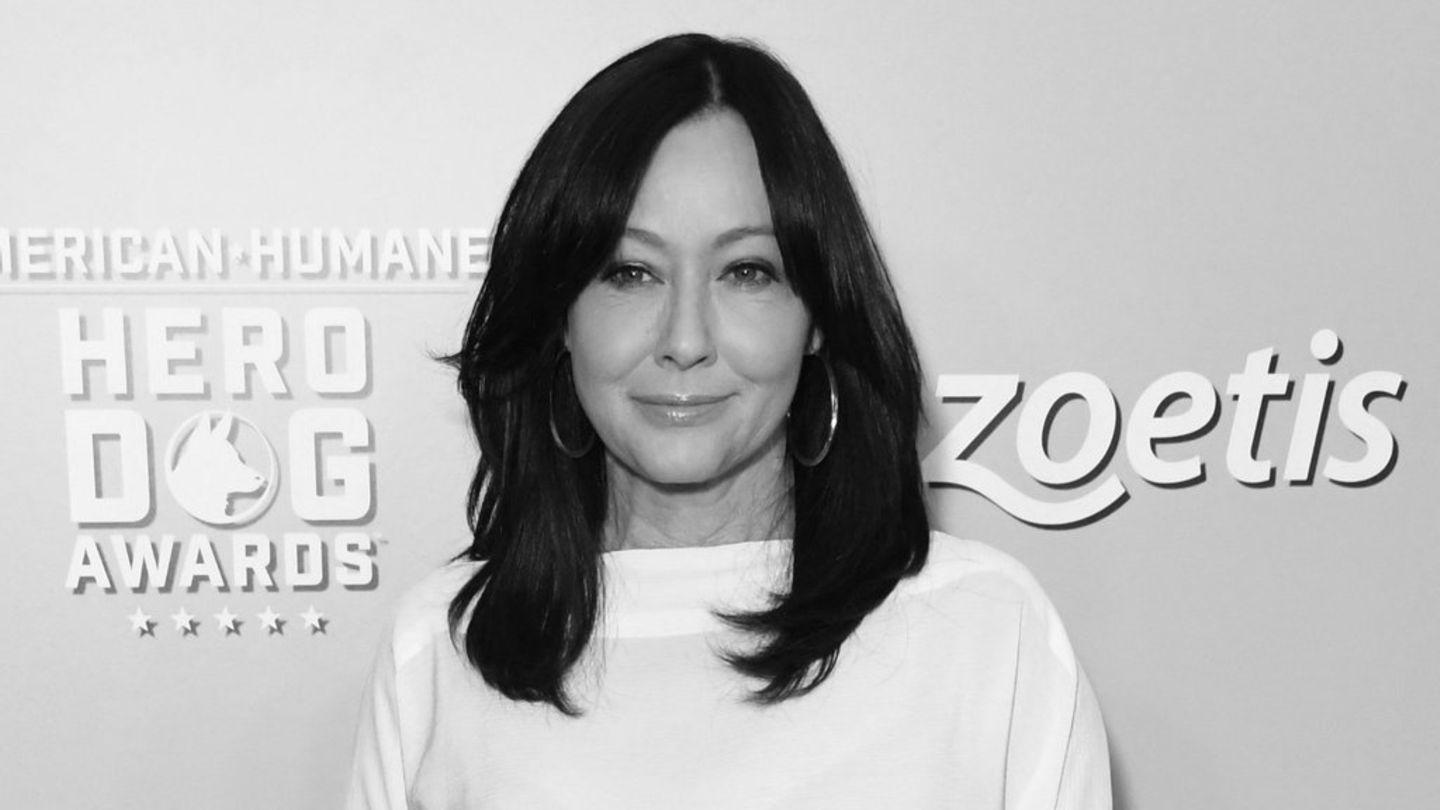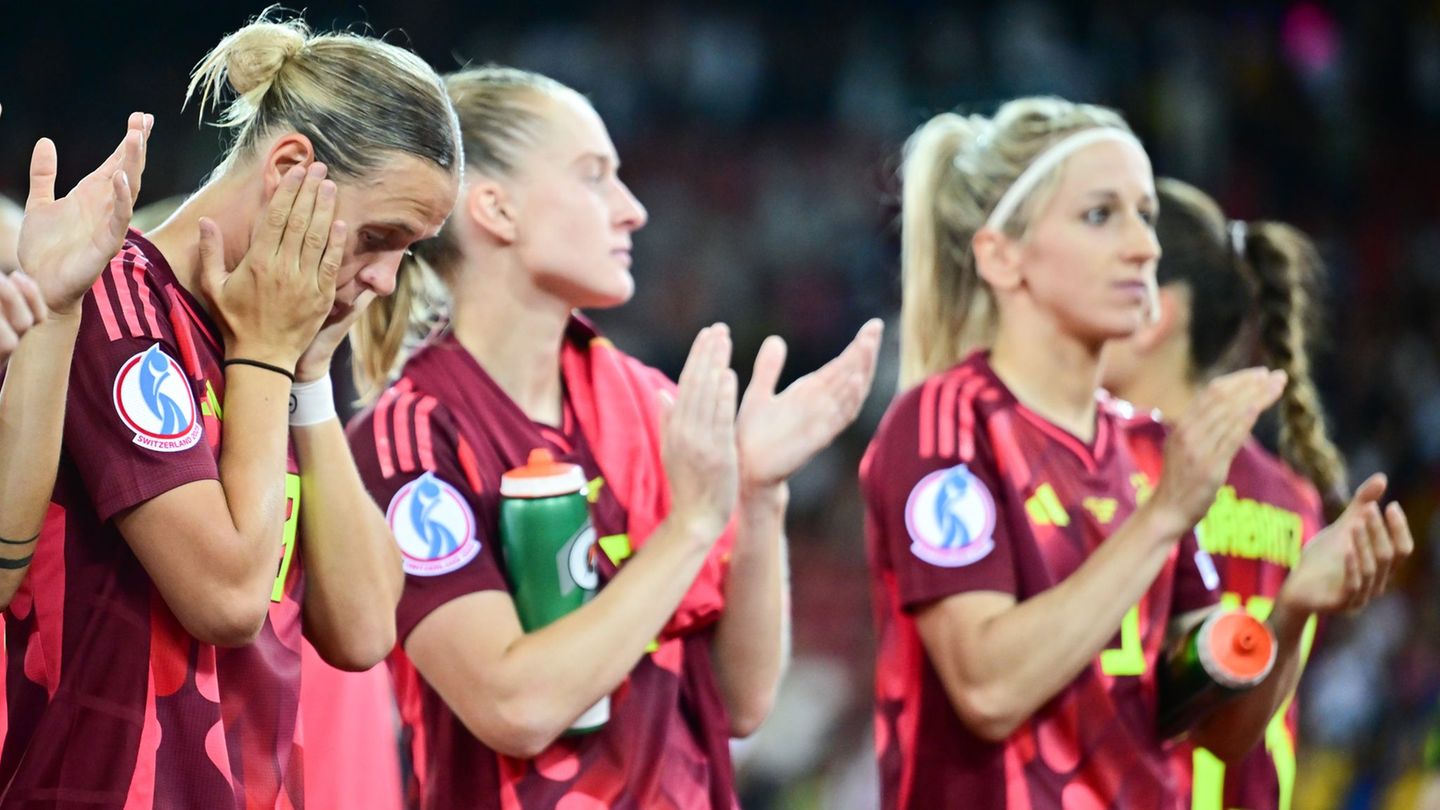South Caucasus Republic
Voter fraud? Protests in Georgia – restraint in the West
Copy the current link
There were massive violations in the parliamentary elections in Georgia. But are they so important that the entire election should be classified as invalid?
In Georgia, the opposition is protesting against fraud in the parliamentary election – but initial Western reactions do not go so far as to question the vote as a whole. US Secretary of State Antony Blinken simply called on politicians in Georgia to eliminate “deficiencies in the electoral process.” You should accept the rule of law and withdraw laws that restrict fundamental freedoms, wrote Blinken on Platform X.
A demonstration was expected on Monday afternoon (7 p.m. local time, 4 p.m. CET) on the main street Rustaveli Prospekt in Tbilisi. The pro-Western president of the small country in the South Caucasus, Salome Zurabishvili, called for this. She called the officially declared election victory of the national conservative ruling party Georgian Dream a falsification of the will of the voters, which she would not recognize.
The opposition will aim for a repeat election, Zurabishvili said in a series of interviews with international media. Support from Western countries is necessary for this, she demanded.
Zurabishvili suspects Russian influence was behind the manipulations: “We witnessed and became victims of a Russian special operation,” she said. The general secretary of Georgian Dream, Kakha Kaladze, called Zurabishvili’s insinuations disgraceful. In the former Soviet republic, which is a candidate for EU membership, further rapprochement with the EU is also at stake with this election.
Despite much evidence of irregularities, the election management declared the Russia-friendly Georgian Dream party the winner with almost 54 percent of the vote. The party’s strongman is billionaire Bidzina Ivanishvili, who made his fortune in Russia. The four largest pro-European opposition alliances were each given only eleven percent or less.
Russia denies interference in Georgia
The Kremlin denied Russian interference in the election. On the contrary, the European states have exerted pressure on the country on Russia’s southern border, said Kremlin spokesman Dmitry Peskov. “Many forces from European states and European institutions tried to influence the outcome of the vote,” he said, according to Russian news agencies.
EU demands clarification of irregularities
Georgian and international observers noted numerous irregularities during the vote on Saturday. Vote buying and pressure on voters, frequent throwing of ballot papers into ballot boxes and the abuse of state influence in favor of the government were mentioned. On the other hand, it was said that with 18 parties on the ballot paper there was a wide choice.
Like Blinken, EU Council President Charles Michel also called on the Georgian leadership to clarify the irregularities. Georgia now needs a constructive dialogue across the political spectrum, he wrote on X. He will also put future relations with Georgia on the agenda of the next European Council in Budapest in November. “We repeat the EU’s call to Georgia’s leadership to demonstrate their adherence to the country’s EU course.”
EU Foreign Affairs Representative Josep Borrell and the EU Commission made similar statements in a statement. Brussels has put the talks process with Georgia on hold because of several repressive laws enforced by the Georgian Dream.
Head of government confirms EU course
Prime Minister Iraqi Kobachidze tried to allay fears that there was a departure from the EU course. Georgia wants to fully integrate into the European Union by 2030, he said at a government meeting. He expects a new beginning in the currently difficult relationship with the EU next year.
Like President Zurabishvili, the pro-European opposition does not recognize the election results. Several opposition alliances do not want to accept their mandates. However, the ruling party assumes that parliament can still function legitimately. Kobakhidze said the opposition MPs were not needed anyway. Georgian Dream had threatened to ban opposing parties before the election.
dpa
Source: Stern
I have been working in the news industry for over 6 years, first as a reporter and now as an editor. I have covered politics extensively, and my work has appeared in major newspapers and online news outlets around the world. In addition to my writing, I also contribute regularly to 24 Hours World.




